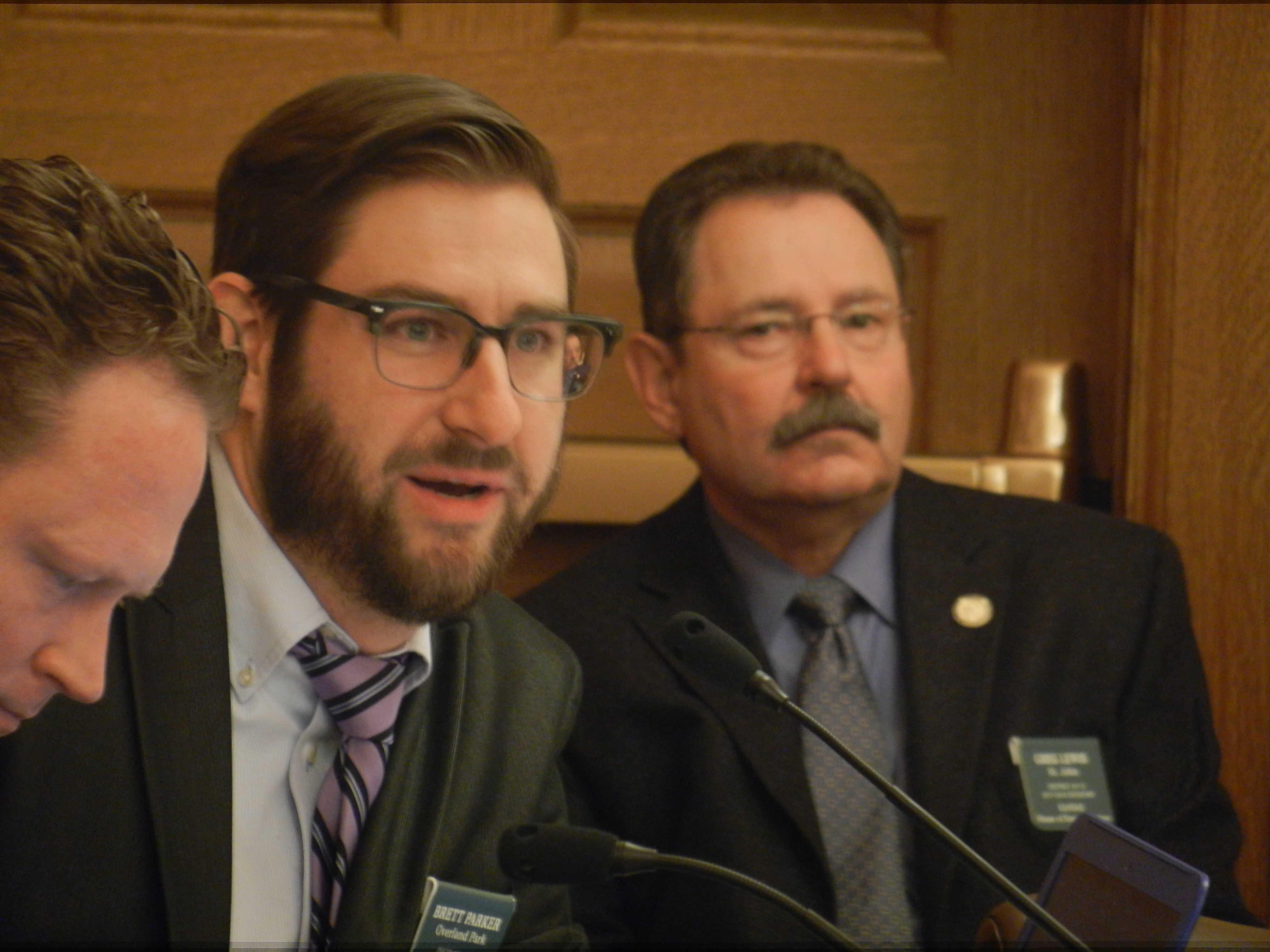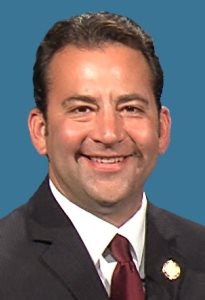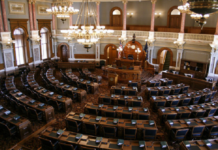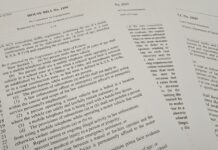Republican lawmakers are asserting their control over how the state spends new federal COVID-19 relief money, effectively cutting Democratic Gov. Laura Kelly out of the decision-making process.
The budget passed by the Kansas Legislature delegates review and decisions over new federal relief money to the joint Legislative Budget Committee and the Legislative Coordinating Council.
The budget committee would review the federal funds received by the state and would make recommendations to the Legislative Coordinating Council for approval.
It would be a very different approach from how the last round of relief money was doled out when the governor created a special committee of business, civic and political leaders to help make decisions over how the money was spent.
Last year, the State Finance Council was tasked with signing off on the recommendations made by the governor’s 15-member panel.
The governor sits on the State Finance Council and generally has the power to kill a recommendation made by a majority of the legislators on the committee who can’t override her objection.
It was an issue that irritated Republican lawmakers last year when the governor opposed some of their proposals for how to spend the money.
The new approach would give spending authority to lawmakers on the Legislative Coordinating Council, which would have the power to approve spending of an anticipated $1.6 billion in federal relief expected to come to the state.
Republicans have expressed great interest in making sure a large chunk of the relief money is put back into the unemployment insurance trust fund, which has been depleted since the start of the pandemic last year.
Six of the eight members on the LCC are Republicans, including House Speaker Ron Ryckman Jr. and Senate President Ty Masterson. The governor does not sit on the LCC.
The governor is reluctant to move from a system that was used to deal out the roughly $1 billion that the state received last year.
The governor believes her task force “effectively and transparently” delivered the first federal stimulus funds that came to the state.
“It would be a mistake to change an already built-out and successful system,” a spokesman for the governor said.
The governor’s office didn’t address the prospects of vetoing the languge, but it is anticipated she will line-item veto that provison of the budget, which is now awaiting her signature.
Democratic lawmakers, meanwhile, are forceful in their opposition to the language in the bill.
“I think it’s a terrible idea,” said Democratic state Rep. Brett Parker of Overland Park and a member of the House Appropriations Committee.

“It’s undermining the proper role of the governor, but also I’m not sure that the LCC realizes the workload they’ve signed up for if that budget becomes law.”
Parker noted that the governor also formed a new office with a staff dedicated to oversight of the $1 billion in relief money the state received last year.
“They’ve signed up to do all of the work,” Parker said of the LCC. “This isn’t them just getting to weigh in and make the decisions.
“I think they may have some buyer’s remorse over that.”
Ryckman said the governor’s task force was largely a “rubber stamp” for the governor’s spending plans.
He cited the governor’s refusal to use money from last year’s round of COVID-19 relief money to shore up the state’s unemployment insurance fund.
“There has to be true oversight so that this doesn’t happen again,” Ryckman said.
“These dollars should be going to help the people they were intended to help instead of fueling more bureaucracy.”
Republican state Rep. Troy Waymaster, chair of the House Appropriations Committee, added the budget language addressing how the COVID-19 money was spent.

Waymaster questioned how the governor’s task force worked, noting that was it was made up of a five-member executive committee and an overall steering committee.
He said the task force’s executive committee made decisions without the advice of the entire steering committee. Waymaster served on the steering committee.
“They were being kind of arbitrary and just doing whatever they wanted regardless of the recommendations coming back from the task force,” Waymaster said.
Waymaster said the Legislature could set up a structure similar to what the governor’s office established to monitor how the money would be spent.
“There’s going to have to be some reporting for how those dollars are spent,” he said.
“I don’t think it’s as problematic as the Democrats are making it out to be,” he said.
But Democratic lawmakers don’t believe Republican lawmakers can be trusted, either.

Senate Minority Leader Dinah Sykes said the provision in the budget could be vulnerable to being abused by a “select group legislators prioritizing their own political ambition over what’s best for our fellow Kansans.”
“Why should Kansans trust this group to manage this money responsibly when their own budgets fund exactly 0% of our constitutional obligation for public schools?”
Masterson said the Legislature constitutionally has the power of the purse.
“The LCC is a better reflection of the Legislature because on the State Finance Council, the governor has unilateral veto power that can’t be overridden,” Masterson said.
Democratic state Rep. Kathy Wolfe Moore of Kansas City said she thinks the budget consolidates too much power with a small group of people.
“I didn’t think it was appropriate to completely cut out the sitting governor of a state — whether they’re a Republican or Democrat — from having any say over how COVID relief money should be expended,” she said.
She praised the work of the governor’s task force, noting that the governor had the staff to handle the accounting of how the federal money was spent.
“It’s a huge undertaking,” she said. “I thought it was handled appropriately before and I think putting this much power into the hands of a few is probably not the best idea.”
















